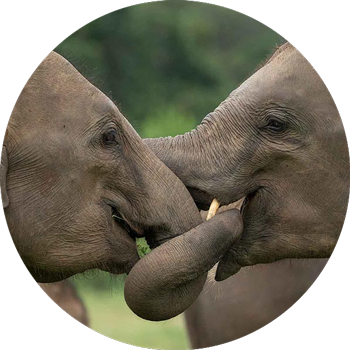Conflict creates harmful behaviors and trauma for both elephants and humans. Each year, approximately 200 elephants and 80 people die from human-elephant conflict.
What is Needed
The Asian Elephant is often in critical need of veterinary intervention and care. Elephants have increasingly become victims of human-wildlife conflict as a result of habitat encroachment, competition for food, and illegal poaching, landing them on the endangered species list with only 40,000 remaining. In many cases, elephants are found severely injured due to gunshot wounds, snare entrapment, jaw bombs, or abandonment, requiring immediate aid and treatment in order to survive.

What We do
This is where Veterinarians International, in support of the Elephant Transit Home, Department of Wildlife Conservation (ETH/DWC), steps in. The ETH takes these injured and orphaned elephants under their care, rehabilitates them, and returns them to the wild in Udawalawe National Park. Since their inception in 1995, the ETH has successfully rehabilitated and released over 140 elephants. The ETH has since expanded to include other wildlife in the program including sloth bears, leopards and monkeys.
Veterinarians International is partnering with ETH/DWC, providing veterinary expertise and enhanced capacity to:
- improve emergency response
- increase survival rates
- update and enhance animal holding facilities
- empower veterinarians
Veterinarians International is working to bring immediate aid in the form of food, equipment and medicine, as well as resources for the development of critical holding facilities and training of staff to the Elephant Transition Home.
How You Can Help
You can aid in the rescue and veterinary care of a baby elephant, and expand the ground-breaking work of ETH by becoming a monthly donor, hosting a fundraiser or volunteering.


